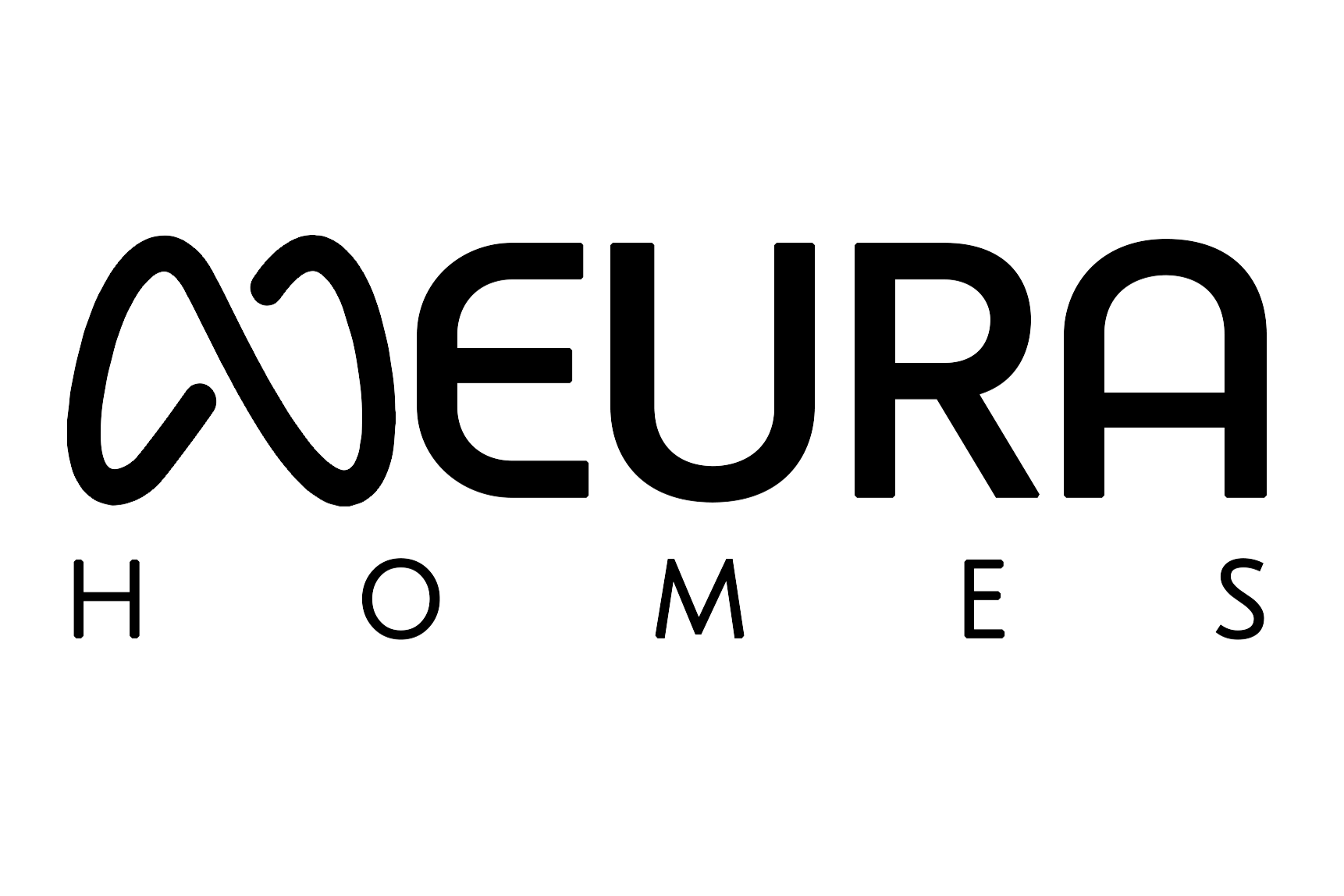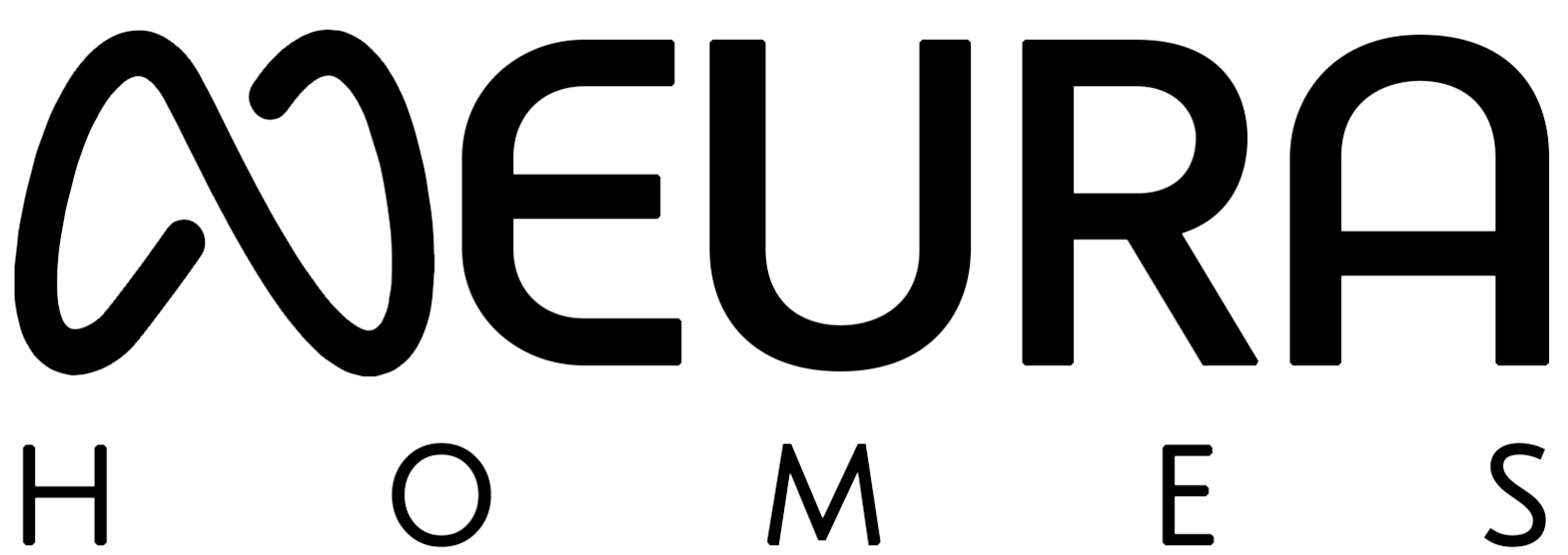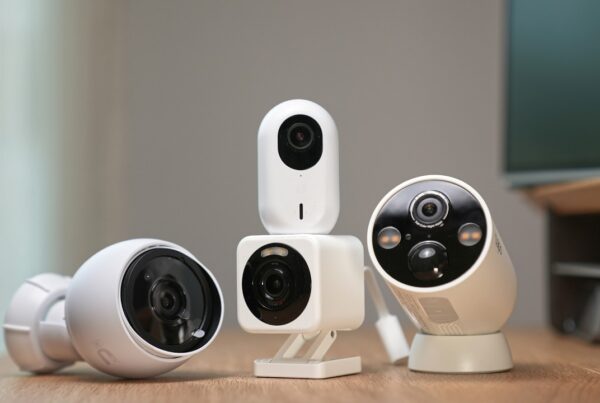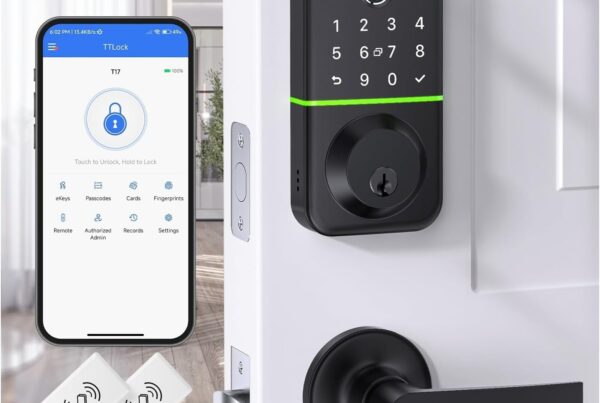How Blockchain is Revolutionizing Smart Home Security
Smart homes are transforming modern living with automation, remote control, and AI-driven security. However, as more devices connect to the internet, the risk of cyberattacks, data breaches, and unauthorized access increases. Blockchain technology offers a decentralized and tamper-proof solution to enhance smart home security.
This article explores how blockchain strengthens smart home security by improving authentication, data privacy, and network integrity.
1. Decentralized Security for Smart Homes
Traditional smart home security relies on centralized servers, making it vulnerable to hacking. Blockchain eliminates this risk by distributing data across multiple nodes, ensuring that no single point of failure exists.
- Tamper-Proof Records: Once data is recorded on the blockchain, it cannot be altered or deleted.
- No Central Authority: Eliminates the risk of cyberattacks on a single server.
- Enhanced Privacy: Users have complete control over their data without relying on third-party services.
2. Secure Smart Device Authentication
Weak passwords and compromised credentials make smart devices easy targets for hackers. Blockchain enhances authentication by using cryptographic keys and smart contracts to verify user identities.
- Decentralized Identity Management: Eliminates reliance on vulnerable password-based logins.
- Public & Private Key Encryption: Ensures only authorized users can access smart home systems.
- Multi-Factor Authentication (MFA): Securely verifies user identities through blockchain-powered methods.
3. Preventing IoT Device Hacking
Smart home devices, such as security cameras, thermostats, and locks, are vulnerable to cyber threats. Blockchain secures IoT networks by ensuring secure communication between devices.
- Blockchain-Enabled Device Authentication: Ensures only trusted devices can connect to the home network.
- Immutable Logs: Keeps a transparent and unchangeable record of all device activity.
- Decentralized Access Control: Reduces the risk of remote hacking by limiting unauthorized entry.
4. Smart Contracts for Automated Security Responses
Blockchain-based smart contracts automatically execute security protocols based on predefined conditions. This enhances smart home automation while ensuring security.
- Automated Locking Mechanisms: Doors and security systems activate based on verified blockchain transactions.
- Intrusion Detection & Alerts: AI-powered systems trigger blockchain-verified security responses.
- Secure Data Sharing: Homeowners can grant temporary access to guests without compromising security.
5. Enhancing Data Privacy & Secure Transactions
Smart home systems collect sensitive data from voice assistants, cameras, and sensors. Blockchain prevents unauthorized data access and ensures secure transactions.
- End-to-End Encryption: Protects stored and transmitted data from cyber threats.
- Decentralized Data Storage: Prevents companies from monetizing or misusing personal information.
- Secure Financial Transactions: Blockchain-based micropayments ensure fraud-proof smart home service payments.
The Future of Blockchain in Smart Home Security
Blockchain is redefining smart home security by offering decentralized authentication, secure communication, and automated security protocols. As smart home adoption grows, blockchain will play a crucial role in preventing cyber threats and unauthorized access.
NeuraHomes integrates blockchain-powered security solutions to ensure unmatched protection for smart homeowners. Contact us today to explore how blockchain can safeguard your smart home.




